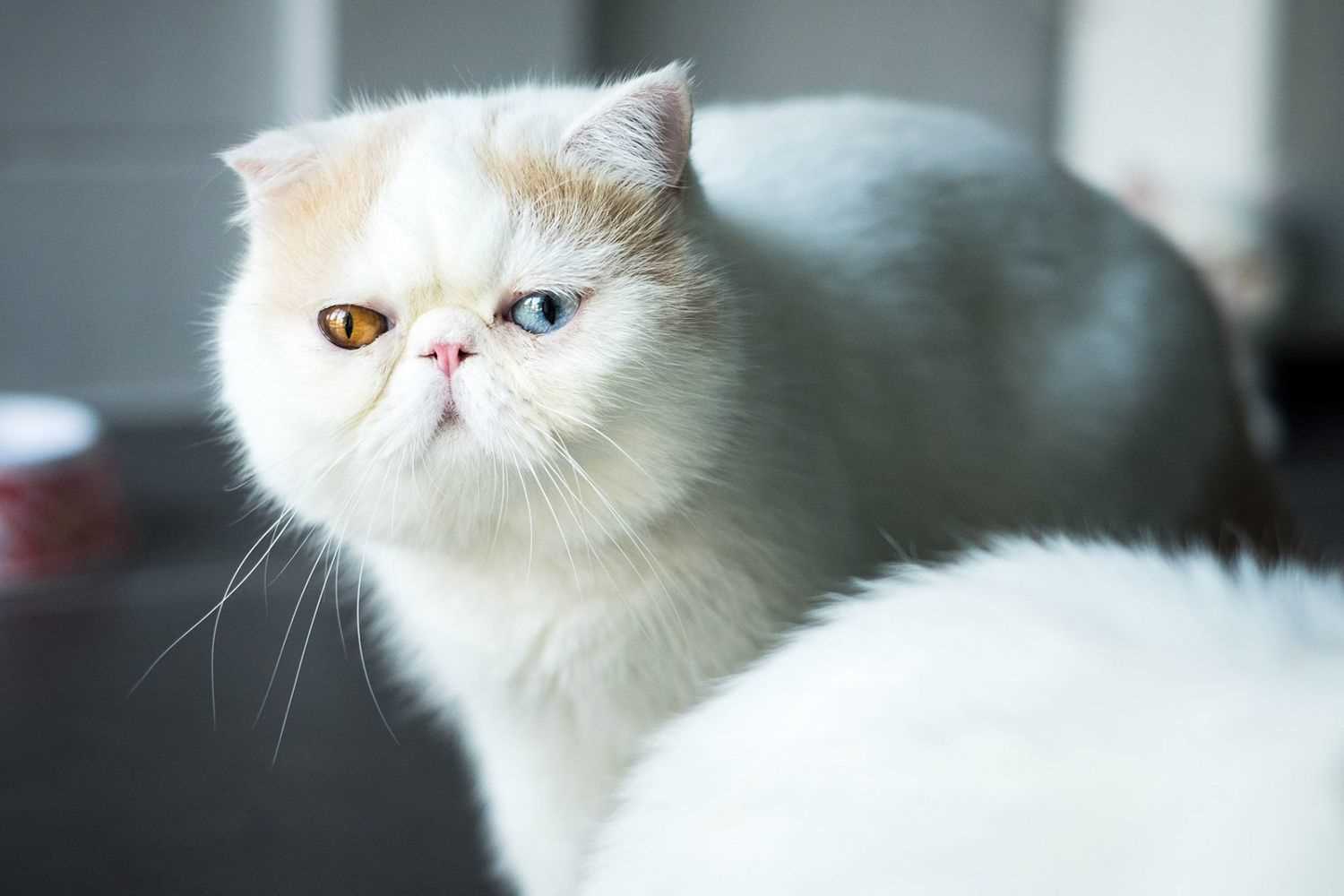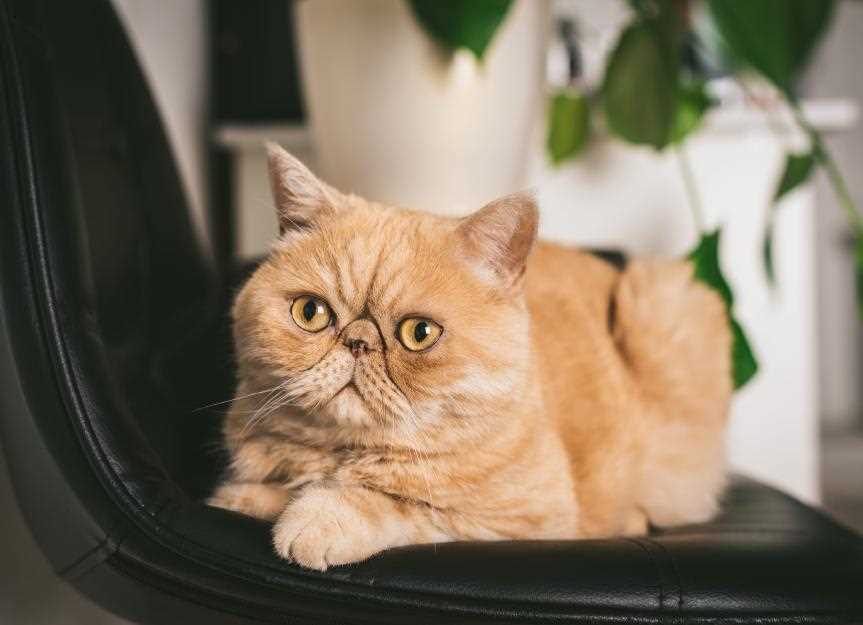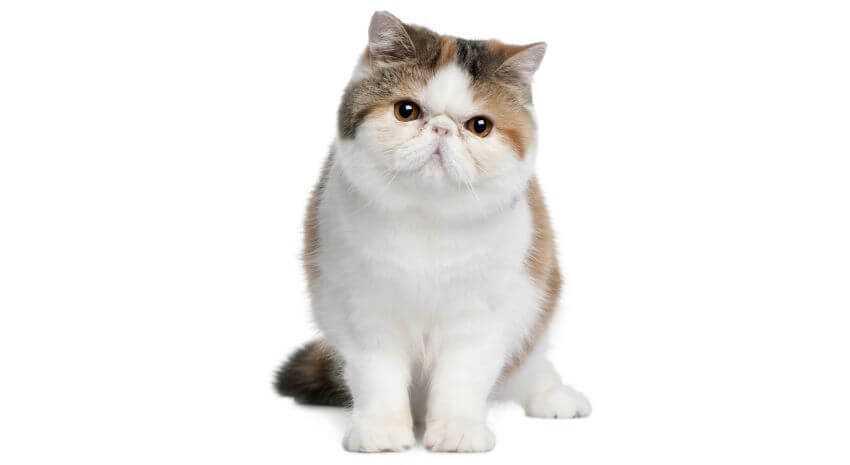As a proud Scottish Fold, I’ve seen a variety of delightful companions come and go, and it’s essential to know how much you might need to budget for one of these charming furballs. Typically, the price range starts at around $1,500 for a kitten from a reputable breeder. The cost can swiftly rise depending on factors like lineage and breeder reputation.
Don’t overlook the additional expenses that come with welcoming a new friend into your home. Expect to spend on essentials like vaccinations, spaying or neutering, and quality food. Setting aside around $200 to $500 for initial veterinary care is wise. Regular expenses such as grooming, litter, and toys can add another $50 to $100 monthly.
If you’re considering adoption, shelters may offer these lovely creatures at a fraction of the cost, often between $100 and $300. While these options may be less expensive initially, factors like medical history and age should also be taken into account.
Price Insights for Unique Feline Companions
Expect to invest between $1,000 to $2,500 for a well-bred kitten from reputable breeders. Show-quality specimens may command even higher prices, reaching up to $3,500.
Factors Influencing Cost

- Breeder Reputation: Esteemed breeders ensure health checks and lineage documentation, adding value.
- Geographical Location: Prices can fluctuate based on region; urban areas often see higher costs.
- Color and Pattern: Rare colorations or specific markings can increase the price.
- Health Guarantees: Breeders offering warranties against genetic defects may charge more.
Additional Expenses
Consider ongoing costs related to care:
- Food: Quality nutrition typically runs $30 to $60 monthly.
- Veterinary Care: Routine check-ups and vaccinations average $200 annually.
- Supplies: Litter, toys, and scratching posts can add another $50 monthly.
Investing in one of these charming companions entails more than just the initial purchase; it’s a commitment to their well-being and happiness.
Understanding the Price Range of Exotic Shorthair Cats
When considering a companion from the Exotic Shorthair breed, expect to invest between $1,200 and $2,500. This range is influenced by factors like breeder reputation, lineage, and geographical location. High-quality genetics or show potential can elevate the price significantly.
Adoption from shelters or rescue organizations may offer lower costs, often from $100 to $500. However, these cats might not possess the same pedigree as those from breeders. Always check for health clearances and vaccinations, regardless of where you acquire your feline friend.
Additionally, prepare for future expenses. Routine vet visits, grooming, and quality food contribute to long-term care. For instance, investing in the best small air compressor for home use can enhance your living space, making it comfortable for your new buddy.
Ultimately, whether you choose a breeder or a rescue, the joy of having an Exotic Shorthair is priceless. Just make sure to budget wisely for both initial and ongoing expenses.
Factors Influencing the Cost of Exotic Shorthair Cats
When looking to bring a unique feline friend into your home, several key elements determine the financial commitment involved. First, the breeder’s reputation plays a significant role. Well-established breeders who adhere to ethical practices often charge more due to their commitment to quality and health.
Next, lineage can greatly impact pricing. Kittens from champion bloodlines or with pedigree certifications typically command higher prices, reflecting their potential for show quality and breeding.
Geographic location also influences expenses. In urban areas, where demand is higher, prices can rise considerably compared to rural regions. Seasonal factors may further affect availability and cost, with certain times of the year experiencing spikes in interest and, consequently, prices.
Health and Care Considerations
The health status of the kitten is essential. Kittens that have been vaccinated, microchipped, and screened for genetic disorders may come with a higher price tag. Additional expenses for spaying or neutering, as well as routine veterinary care, should also be factored into the overall cost.
Accessories and Supplies

Don’t forget about the ongoing costs for supplies. Investing in quality items such as a best non spill water bowl for cats ensures your new companion has everything they need for a comfortable life. Budgeting for these essentials is crucial when welcoming a new furry family member.
Comparing Prices from Breeders vs. Rescue Organizations
Choosing between purchasing from breeders or adopting from rescue groups can significantly impact your budget. Breeders typically charge higher fees, often ranging from $1,500 to $3,000, reflecting the pedigree and lineage of the kittens. Their prices may include vaccinations, health check-ups, and sometimes initial supplies like food and toys.
On the other paw, rescue organizations usually have lower adoption fees, averaging between $100 and $500. This fee often covers vaccinations, spaying or neutering, and essential medical care. Adopting from a shelter not only saves you money but also provides a loving home to a cat in need.
It’s essential to consider long-term costs as well. Cats from breeders might have specific health issues due to selective breeding, potentially leading to higher veterinary expenses. Rescue cats may come with unknown histories, but many are healthy and come with a full medical background.
In my experience, whether you choose a breeder or a rescue, ensuring the cat’s health and well-being should be your top priority. Sometimes, a higher upfront cost means peace of mind regarding health, but adopting can be just as rewarding and much more budget-friendly.
Additional Costs Associated with Owning a Unique Feline
Be prepared for ongoing expenses beyond the initial purchase price. Here are the key financial considerations:
- Food: Quality nutrition is essential. Premium brands can range from $30 to $100 monthly.
- Routine Veterinary Care: Regular check-ups, vaccinations, and preventive treatments can add up to $200 to $500 annually.
- Grooming: While less demanding than long-haired breeds, occasional grooming sessions may cost around $50 to $100 each visit.
- Supplies: Litter, scratching posts, toys, and bedding can total around $100 to $300 annually.
- Emergency Medical Expenses: Unexpected health issues can lead to bills exceeding $1,000. Having a savings fund for emergencies is wise.
- Pet Insurance: Monthly premiums typically range from $20 to $60, providing peace of mind against high vet costs.
Budgeting for these ongoing expenses ensures a comfortable and happy life for your new companion.
Health Considerations and Their Impact on Price
When evaluating the cost of these charming felines, health factors play a significant role. Medical history, genetic predispositions, and any existing conditions can lead to variations in price. Kittens with a clean bill of health typically command higher prices, as reputable breeders focus on ensuring strong genetics and minimizing health risks.
Regular veterinary check-ups, vaccinations, and potential genetic testing contribute to the overall expenses associated with maintaining optimal health. It’s advisable to seek out breeders who prioritize health screenings for conditions common in the breed, such as respiratory issues or heart diseases. This proactive approach can save money in the long run.
Moreover, age influences health status and, consequently, pricing. Younger individuals often have fewer health concerns, while older ones may require more frequent medical attention. Thus, younger companions usually come at a premium, reflecting their potential for a longer, healthier life.
Additionally, having a pet insurance plan can mitigate unexpected medical costs. It’s a wise decision to include this in the overall budget when considering the acquisition of a new furry friend. Factors like these are crucial for understanding the total financial commitment involved in bringing one of these delightful companions into your home.
Tips for Finding a Reputable Exotic Shorthair Breeder

Always prioritize breeders who provide health guarantees for their kittens. This shows their commitment to the well-being of the animals they raise.
Research and Reviews
Look for online reviews and testimonials from previous clients. Positive feedback can indicate a breeder’s reliability. Engage in cat forums or social media groups to gather recommendations from experienced cat owners.
Visit the Breeder
Schedule a visit to the breeder’s facility. Observe the living conditions of the kittens and their parents. Cleanliness and the overall environment reflect the breeder’s standards. Ensure that the kittens are raised in a loving and social setting.
| Key Questions to Ask | Why It Matters |
|---|---|
| What health tests have been conducted? | Ensures genetic issues are screened. |
| Can I see the kitten’s parents? | Gives insight into the temperament and health. |
| What is the socialization process? | Indicates how well-adjusted the kittens will be. |
| What kind of support do you provide after purchase? | Reflects their commitment to lasting relationships. |
Choose a breeder who is a member of recognized cat associations. Membership often requires adherence to specific ethical standards, increasing confidence in their practices.
Trust your instincts. If something feels off or if the breeder is reluctant to answer questions or provide transparency, consider looking elsewhere. A responsible breeder will be open and communicative.
FAQ:
What is the price range for exotic shorthair cats?
The price for exotic shorthair cats typically ranges from $1,000 to $3,000, depending on factors such as the breeder’s reputation, the cat’s lineage, and whether the cat is intended for breeding or as a pet. Cats with champion bloodlines or unique color patterns may command higher prices.
Are exotic shorthair cats more expensive than other breeds?
Yes, exotic shorthair cats tend to be more expensive than many other cat breeds. This is largely due to their unique appearance, which requires careful breeding practices. Additionally, their popularity has increased over the years, leading to higher demand and prices.
What additional costs should I consider when buying an exotic shorthair cat?
In addition to the initial purchase price, prospective owners should consider costs such as vaccinations, spaying or neutering, regular veterinary check-ups, food, grooming, and pet insurance. Exotic shorthairs may also require specific diets or grooming supplies due to their dense coats, which can add to the overall expense.
Can I find exotic shorthair cats for adoption at shelters?
While it is less common to find exotic shorthair cats at shelters, it is still possible. Some rescue organizations may have exotic breeds available for adoption. Adopting a cat can be a more affordable option, typically ranging from $50 to $200, but it may take more time and effort to find the specific breed you desire.
What factors influence the pricing of exotic shorthair kittens?
Several factors influence the pricing of exotic shorthair kittens, including the breeder’s reputation, the kitten’s pedigree, the rarity of its color or pattern, and whether the kitten is intended for show, breeding, or as a pet. Kittens from reputable breeders who prioritize health and temperament are generally more expensive.









